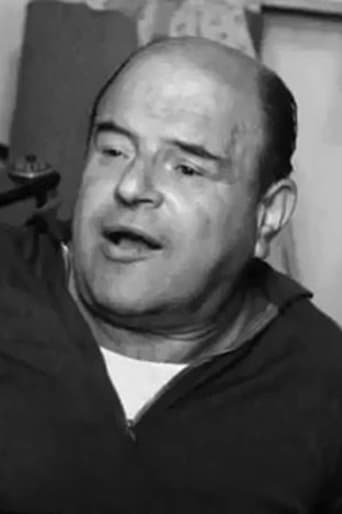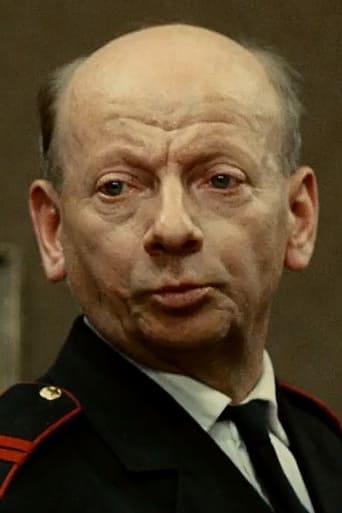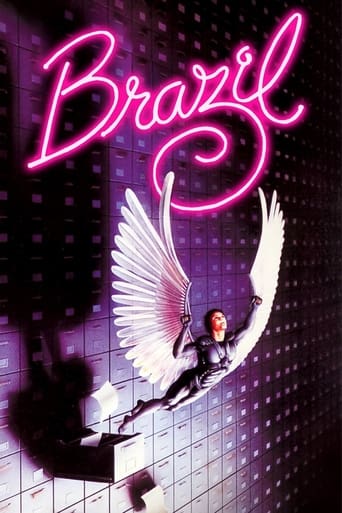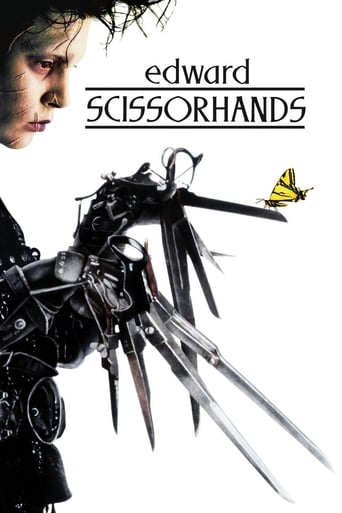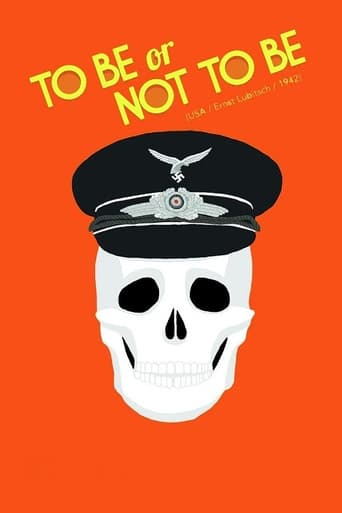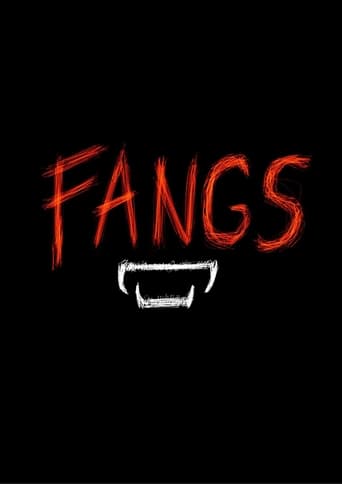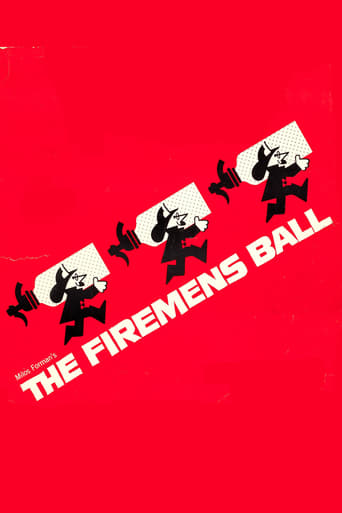
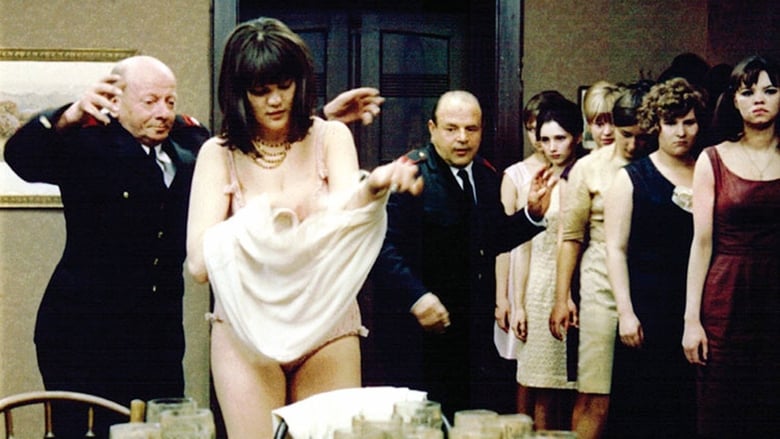
The Firemen's Ball (1967)
The firemen of a provincial Czechoslovakian town throw a ball in honor of the old chief's retirement. There will be music and dancing, a beauty pageant and a raffle. The whole town will be in attendance. However, the proceedings are dogged by difficulty at every step. Workplace injuries, stolen prizes, a shortage of pretty girls... and fire.
Watch Trailer
Cast
Similar titles
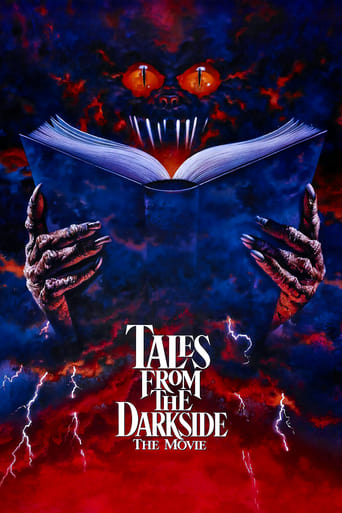

Reviews
Wonderful character development!
Captivating movie !
This story has more twists and turns than a second-rate soap opera.
One of the worst ways to make a cult movie is to set out to make a cult movie.
Milos Forman's third feature THE FIREMEN'S BALL is the last film he made in his motherland and Oscar-nominated in the BEST FOREIGN LANGUAGE FILM category (lost to U.S.S.R.'s mammoth WAR AND PEACE made by Sergei Bondarchuk). It is an outright comedy masked with mordant mockery of the Communist party, the story takes place on the day when the titular ball is held to honor an 86-year-old ex-chairman of the fire brigade in a small Czech town, and real-life firemen and non-professionals constitute most of the cast. Milos Forman is unequivocally a master of satire and an adept hand in shaping up its comical story-line inside a groaning town hall peopled with local folks, the succinct diegesis (the film's running time is merely 71 minutes) chiefly concentrates on two burlesques: a droll situation of missing raffle prizes which are overseen by a hapless fireman Josef (Kolb) and his wife (Jezková) and a firemen committee's listing up proper candidates for a beauty pageant, whose winner will have the honor to confer a honorific gift to the ex-chairman as the culmination of the evening. While the former is portrayed with a peevish overtone and somewhat plebeian rejoinders, but at least it elicits some chuckle when petty larceny is revealed within one's own household; the latter is plain lowbrow hi-jinks pampering for lecherous geezers, and crass to the petticoat participants (exploitative to the younger ones and disrespectful to the motherly ones), that is not what we contemplate as comedy with class. But the film actually ameliorates itself when a fire alarm disrupts the farce where the pageant goes awry and Forman does create something aesthetically poetic with the spectacular outdoor scenes where a house is devoured by conflagration with its intractable owner wistfully looking back in consternation and on-lookers casting lugubrious looks to the loss and incandescence, then this piteous instance precipitates the final dressing-down of the tentacles of corruption and filching among the country's populace (the lights-off tactic is so accurate for those who grow up in a Communist country and of course it backfires), where the famous line, paraphrased here "the repute of the brigade over one's own integrity" becomes an obvious fair game of the censorship, it is an outright attack on the authority's inaction and state-over-people frame of mind, one can hardly conceive it as unintentional, with its conspicuously democracy-angling slant, in hindsight it even tempts one to doubt whether Forman was deliberately concocting this film as a stepping stone for himself to bail out from the regime he can no longer consent with. A rather shrewd and dicey stratagem if it were true, and looking at where he is now? Enshrined among the rarefied two- times Oscar-winning director list with two BEST PICTURE champs under his belt, Mr. Forman is a torchbearer for many a foreign filmmaker to follow suit, whose artistic agenda is at loggerheads with stately censorship. Having been revered as a landmark of Czechoslovak New Wave ever since, THE FIREMEN'S BALL is a substantially political caricature on top of its ostensible frivolousness, not without its own beguiling magnetism (the final shot is a coup de maître), yet it does trigger a lingering suspicion cannot be summarily dissipated, how much part has its ideology played in its road of canonization?
Released three months before the Soviet crackdown on the progressive Dubček administration in Czechoslovakia, Milos Forman still had to deal with a negative reaction to 'The Fireman's Ball' from both Communist censors and his own producer, Carlo Ponti. Forman's farce was intended as a good-natured ribbing of the Communist system, specifically its corruption and bureaucratic ineptness. The censors and Ponti didn't like it because in their eyes, it had no sympathy for its working class subjects, who come across as complete fools.As the story goes, Communist officials decided to play the film in the small town where the film was shot, which featured locals playing themselves as members of the local fireman's committee. As things turned out, the officials were shocked when the townspeople vigorously applauded the film. They identified immediately with the broken down system, where a fire breaks out across the street, but the firefighters are unable to do anything, as their fire truck ends up stuck in the snow. As for their farcical characters, they regarded it as simply 'acting' and obviously were flattered to be chosen to be part of a professional film production. Forman was ultimately saved by French director Francois Traffaut, who ended up buying the film with some partners and distributing it outside of Czechoslovakia, where it was permanently banned after the Soviet invasion.As for the film itself, 'The Fireman's Ball', manages to be distinctive, mainly on the basis of the authenticity of its performers. You have to love the amateur cast Forman has assembled here, as they seem to have a natural flair for farce. Nonetheless, the basic theme of the film, the corruption inherent in the Communist system of that time, as evidenced by the constant thefts that occur during the event, go on ad infinitum. That's not to say there aren't occasional laughs. When the Chairman has the lights turned off, expecting the thief to return the lottery presents, when the lights do come back on, the opposite occurs: the rest of the gifts are all missing. The deepest laugh remains subtle: one of the firemen attempts to return a headcheese (cold cut) to the dining table, after he discovers his wife has pilfered it. Completely embarrassed, he passes out when everyone observes what he's trying to do and an argument ensues right afterward between two of his colleagues, one shouting down the other that by being 'honest', he's embarrassed the fire brigade. It seems that being honest, is much less desirable then looking out for one's own self-interest.The Fireman's Ball plot involves the fire committee's inept manner in which they attempt to choose a local beauty queen. The young women who are conscripted appear not to take the fire officials seriously, and end up running off to the ladies room, where they've made it clear that they have no intention of participating in the committee's ultimate goal (the idea is for the winner of the pageant to present a memento to their retiring chief). While it's one thing for the firemen to be overwhelmed in dealing with the 'larceny problem' at the ball, it's another to come off as completely ridiculous, which is what they appear to be, when they foolishly attempt to put the pageant together and then atrociously fail, with all the young women giggling, and running away from them. Perhaps this is why Mr. Ponti, the film's original producer, did not care for the film.Forman does well in breaking up the action at the ball, when he introduces the fire at the old man's house, near the dance hall. The event turns out to be bittersweet, as there's also some humor attached to the somber events. We see this when the crowd moves the old man closer to the fire, as he complains about being cold. And later when they want to give him some lottery tickets, he asks for money instead, as it's obvious all the prizes now have been stolen.'The Fireman's Ball' ends on two additional humorous notes. First, the chief finally receives his honorarium from his colleagues--but of course it turns out to be stolen. And the old man whose house has burned down, joins another old man in his bed, without a roof over it!Forman's talent here was in getting much out of his amateur cast as well as stretching out a one joke idea, to a full length feature. He makes his point about corruption in Communist society well, in a series of memorable scenes but is less successful, as he dumbs down his firemen committee members, a tad bit too much. 'The Fireman's Ball' is more important in the overall history of international cinema and world history, than as a critical contribution to the art of comic screen writing.
Milos Forman's $65,000 black comedy, which clocks in just above one hour, takes place as small town firemen reckon on their festivity, are present at it, and endure it. They've arranged the titular ball in honor of their former chief, though it may be in the chief's eleventh hour. The beginning scene seems to promise an airy screwball comedy with lines like, "We should have given it to him last year, when he was 85 instead of now when he's about to die." As is made clear while the simple men theorize on the reasoning contrary to that observation that the antiquated fireman, diagnosed with cancer unbeknownst to himself, will be awarded a princely little fire ax in a velvet-padded box. Following this opening scene, a fireman balances carefully on a high ladder to carefully singe the sides of a paper banner until his ladder loses its footing, he is left dangling, and the poster bursts into flames. Beyond these actually quite underplayed scenes, the comic feel diminishes in consistency.One scene which stands out is easily one of the funnier moments, but even still it could have been funnier: In the course of the ball, a local barn catches fire, and the firemen rush the rest of the town to the scene. But their truck getting stuck in the snow is much more pivotal and potentially funny than its execution here, as by the time they get there, the barn is overcome by an inferno. Nonetheless, there are laughs to be had at this point: The sullen farmer is staring longingly at his blazing barn, the firemen heed the suggestion that his chair be turned away from it, but the farmer simply turns his head to continue staring longingly at the barn. And when the farmer whines that he is cold, the firemen do the only thing they really can and move his chair closer to the fire.The swelling to that scene consists of the firemen's struggle for a beauty pageant, with the queen deputized to bestow the ax. They fill a table with raffle prizes that are salivated over, as implied in a very restricted sense within the context of the film's time and place. So, the prizes begin to depart a bit too early from sight. The beauty pageant is a catastrophe of ignorance and disorganization, and not least owing to hardly any of the neighborhood girls, none of whom are beauties, have any desire to be involved.Siding very much with the film itself concerning its treacherous political history, Forman is not scoffing at his characters, but at the system they populate. Frankly, I think the censors knew this when they condemned it as a damaging picture of Czech society, because that is the reactive approach in a fragile system that panics about criticism. Censors have always feigned the role of patriots, regarding any criticism as unpatriotic, when in effect criticism is a patriotic responsibility. Even now here in America, when the media is judged for disapproval, it most often merely signals that someone has had the nerve to probe the guiding principles of the party in power.So, this presently obscure installment in the tremendous Criterion Collection appeals to me as a historical example, particularly with which to further open the elements of the Bush administration, and not so much for the film's content in and of itself. As a raucous comedy by Milos Forman, it today sponges no oomph from its hazardous time, as it clearly did then. And it is as a indirect topical commentary where this film gains momentum, and alas Forman cleverly for the sake of his film's spirit did not urge his political arguments, leaning back with a grin to let them make themselves, insinuating with poise from the histrionics.
It's a pretty funny and witty slapstick comedy, until you realize that you're laughing at the objectification of women and the corruptness of bureaucracy. So, in that sense, it's a pretty sly sociopolitical commentary. So sly, in fact, that you don't even notice it in the film. You've got to read up on it to figure out what Forman was making fun of, and even then he denies any meaning behind the humour. The non-actors and natural dialogue add to the absurdity of the situations, and the end's got a similar sharp veer towards tragedy as One Flew Over the Cuckoo's Nest. In fact, the humour in both films is the same, as what you're laughing at really shouldn't be that funny at all, but it is. Overall, this is a light but deep (if that makes any sense) product of the Czechoslovak New Wave, and it's definitely worth a watch.

